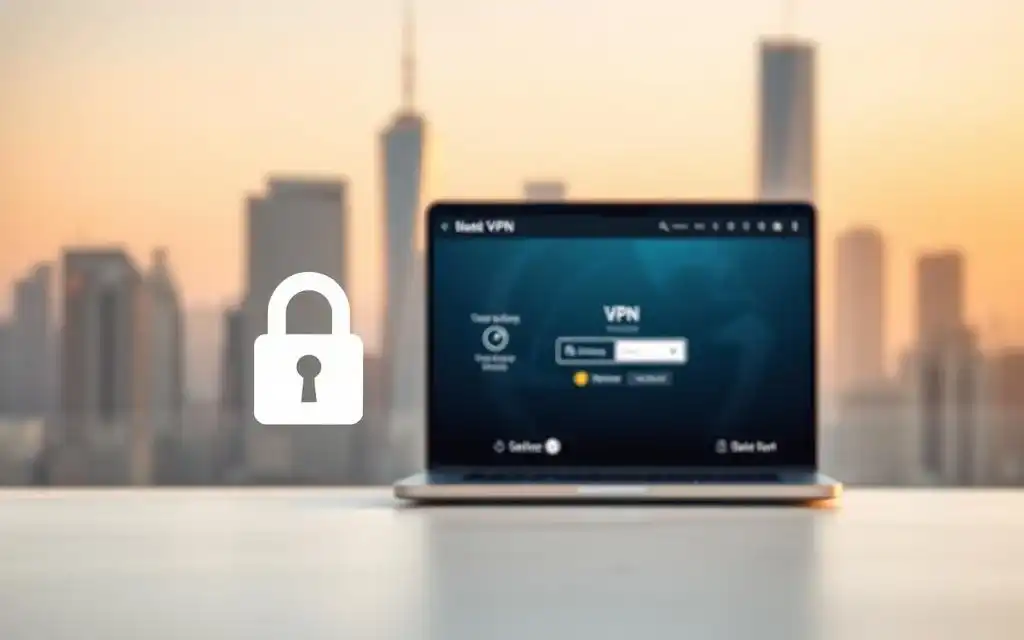In today’s digital-first business environment, data security has become a top priority. As companies increasingly rely on cloud computing, remote access, and distributed teams, the advantages of a hardware vpn for business are more relevant than ever. A hardware Virtual Private Network (VPN) offers a robust and reliable solution for securing sensitive data and maintaining seamless connectivity. Unlike software-based VPNs, which run on a device’s operating system, hardware VPNs are physical devices that act as a centralized gateway for network traffic. This setup provides enhanced security, improved performance, and easier management, making it a preferred choice for businesses that demand high-level protection and scalable infrastructure. In this article, we’ll explore the key business advantages of hardware VPNs and why they matter in today’s fast-paced digital landscape. From enhanced security to cost-effective scalability, hardware VPNs offer a range of benefits that align with modern business needs. We’ll also compare them with software-based alternatives, highlight their role in network performance, and discuss how they can simplify IT management. Whether you’re a small startup or a large enterprise, understanding the advantages of a hardware vpn for business can help you make informed decisions about your network security strategy. Security: The Cornerstone of Business Protection Superior Physical Security A hardware VPN is built on a dedicated physical device, which provides an additional layer of security. Unlike software-based solutions that can be vulnerable to malware or system breaches, hardware VPNs operate independently and are less susceptible to software-based attacks. This physical isolation ensures that even if the device’s operating system is compromised, the core network traffic remains protected. Centralized Encryption Hardware VPNs often come equipped with enterprise-grade encryption protocols, such as AES-256 or IPsec, which are designed to safeguard data in transit. These protocols are more efficient and faster than software encryption because they are optimized for hardware performance. This means that sensitive business information—like customer data, financial records, or internal communications—is encrypted at the network level, reducing the risk of data interception. Reduced Attack Surface By centralizing security functions on a single device, hardware VPNs minimize the attack surface for potential threats. This is particularly crucial for businesses that rely on remote access, as it ensures that all incoming and outgoing traffic is authenticated and encrypted before reaching the internal network. The centralized architecture also makes it easier to implement security policies consistently across the entire organization. Performance: Reliable and Efficient Network Connectivity High-Speed Data Transfer Hardware VPNs are designed to handle high volumes of data traffic with minimal latency. As physical devices, they can process network packets more efficiently than software-based solutions that depend on the host device’s performance. This performance boost is especially beneficial for businesses that require real-time data access, such as those in finance, healthcare, or manufacturing. Reduced Latency and Bandwidth Usage One of the main advantages of a hardware vpn for business is its ability to reduce latency and optimize bandwidth usage. Hardware VPNs use dedicated hardware resources, which allows for smoother data transmission and faster connection speeds. This is critical for applications that demand consistent performance, such as video conferencing, VoIP, or cloud-based collaboration tools. Support for High-Traffic Environments In large-scale business operations, network performance can be a bottleneck. Hardware VPNs are built to handle high-traffic environments with robust processing power and memory. This ensures that even during peak usage times, your business can maintain stable and secure connectivity without compromising on speed or reliability. Scalability: Growing with Your Business Needs Easy Expansion for Business Growth As businesses expand, their network security requirements often grow as well. Hardware VPNs are highly scalable, allowing organizations to add more users or devices without significant disruptions. This scalability is essential for companies that expect growth in remote workforce or increased data traffic over time. Centralized Management for Large Networks Managing a large network with a hardware vpn for business is more straightforward than managing multiple software-based solutions. The centralized management of a hardware VPN enables IT teams to scale security policies, monitor traffic, and deploy new users efficiently. This streamlined approach reduces the administrative burden and ensures that your network remains secure and consistent as it grows. Compatibility with Cloud and Hybrid Environments Modern businesses often operate in hybrid or multi-cloud environments, and hardware VPNs are fully compatible with these setups. They can be easily integrated with cloud services and on-premise infrastructure, allowing for flexible scalability. Whether you’re expanding your business globally or adding new branches, a hardware VPN ensures that your security infrastructure keeps pace with your growth. Cost-Effectiveness: Long-Term Value for Businesses Lower Total Cost of Ownership While the initial investment for a hardware VPN may be higher than a software-based solution, it often results in long-term cost savings. Hardware VPNs require minimal ongoing maintenance and less computational resources, reducing operational expenses. This cost-effectiveness makes them a wise long-term investment for businesses looking to optimize their IT budgets. Reduced Dependency on Cloud Services By using a physical device to route and secure traffic, businesses can minimize their reliance on cloud-based services for network security. This decentralized approach reduces monthly subscription fees and cloud service dependencies, which can be a financial burden for large-scale operations. The one-time cost of purchasing a hardware VPN often outweighs the long-term expenses associated with cloud-based alternatives. Energy Efficiency and Longevity Hardware VPNs are energy-efficient and built to last, which contributes to lower maintenance and replacement costs. Unlike software-based solutions that may require frequent updates or hardware upgrades, a well-maintained hardware VPN can serve your business for years. This longevity ensures that your initial investment provides sustainable value over time. Management: Simplified Control and Monitoring Centralized Control for IT Teams A hardware VPN provides centralized control over network security, making it easier for IT teams to manage. This centralized approach allows for consistent policy enforcement, real-time monitoring, and quick troubleshooting. IT administrators can configure and update security settings from a single interface, reducing the complexity of managing multiple devices or servers. Enhanced Monitoring and Logging With a hardware VPN, businesses can monitor network activity





